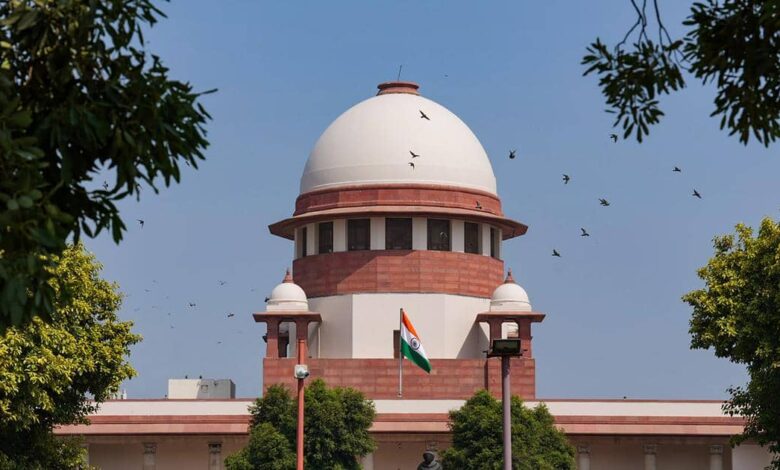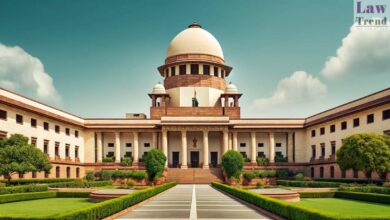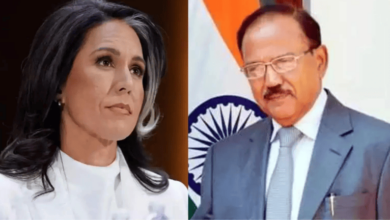
Supreme Court order on electoral bonds faces a roadblock.
In a significant ruling last month, the Supreme Court declared the electoral bonds scheme unconstitutional. It directed the State Bank of India to disclose details of bond purchases and redemptions to the Election Commission.
However, two days before the deadline, the SBI filed an affidavit stating it could not provide the data within the stipulated time. To maintain anonymity, it claimed donor identities were stored separately from redemption information across branches.
However, an examination of the SBI’s submissions shows all relevant documents have been maintained at its Mumbai headquarters since 2019, with purchaser names and redeeming party details stored alongside. Experts question why matching the available digitized records of 22,217 bonds would require four additional months.
Transparency activists point out that the voter’s right to know the sources of political donations is crucial before elections to assess any link between funding and policy matters. The SC earlier observed that such information empowered electoral choice.
It noted corporate donations through electoral bonds, mostly in crores, essentially comprised “business transactions” to secure benefits. With polls due, observers feel the delay raises doubts over SBI’s intention to disclose donor lists soon.
It remains to be seen if the top court will direct the bank to fulfill its February order without further prolongation, upholding citizens’ democratic prerogative to assess the impact of money power on political processes.



